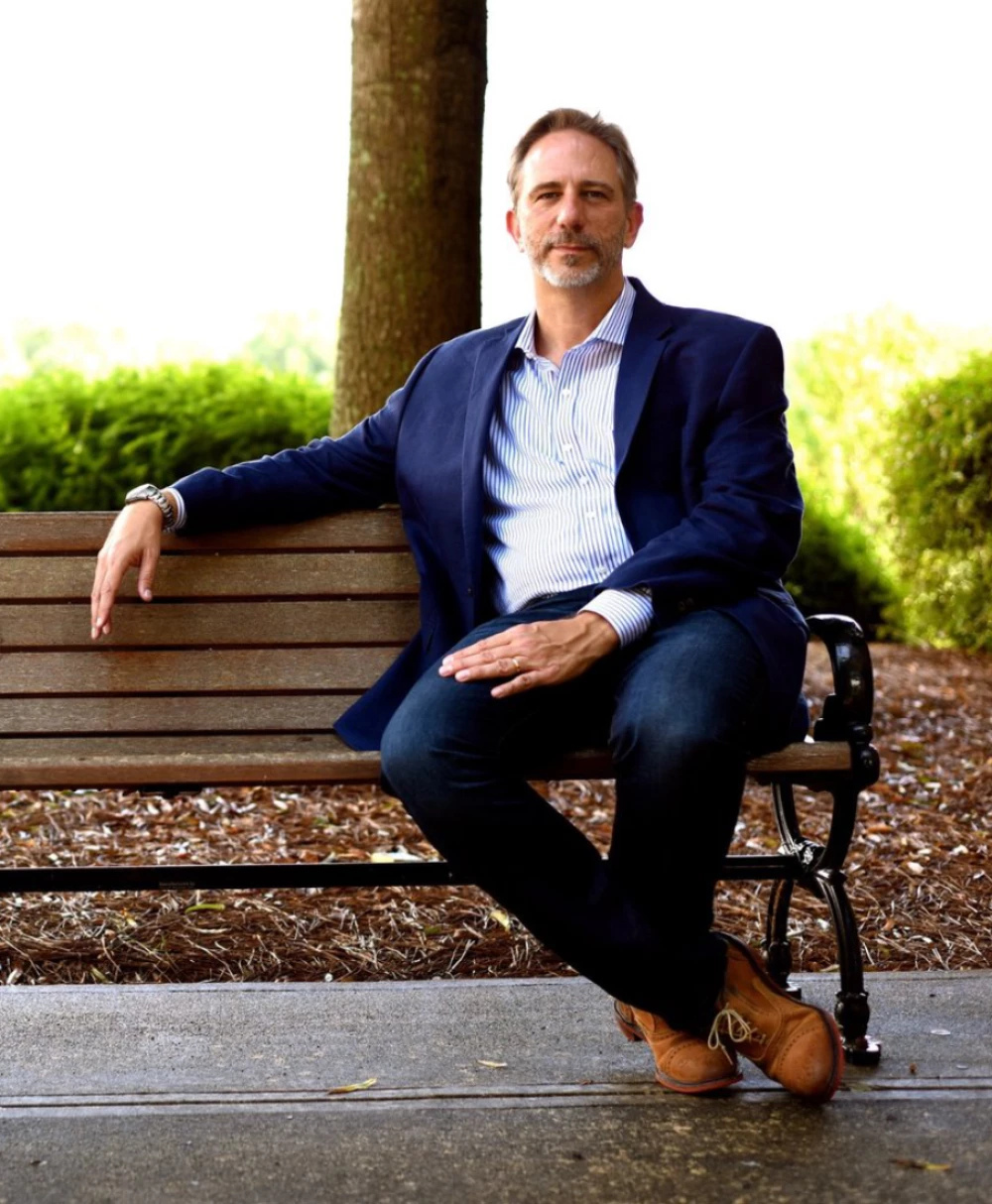The discipline of Christian social ethics was born in the western Christian world in the late nineteenth century. It emerged in response to the grave and visible gap between the typical vision and ministries of Christian churches and the social problems occasioned by mass industrialisation and urbanisation. While the churches were focusing on evangelism, personal morality, and institutional growth, social changes were rendering such an approach not just irrelevant but manifestly cruel in its apparent indifference to suffering neighbours.
While economic issues initiated the birth of the field and continue to be important, Christian social ethics addresses all kinds of social moral issues as they arise. For example, throughout its history this discipline has devoted considerable effort to rejecting and limiting the resort to violence. Christian social ethicists were among those who took the lead in rejecting pervasive white racism in the United States, leading and supporting the US Civil Rights Movement, and helped to shape the decisive turn against the death penalty in Europe, Canada, and many US states.
In view of the problems created by modern industrial capitalism, as well as the increasingly visible Communist and Socialist critiques not just of industrial capitalism but of its Christian apologists, innovative college and seminary leaders began reconfiguring their theology and ethics courses to integrate a social-ethics component. Searching questions began to be asked about the meaning of Jesus Christ for society and not just for individual salvation and personal morality. The result, when in full flower, came to be called 'Social Christianity', and later was crystallised as the 'Social Gospel', pursuing a theology of the Kingdom of God taking form in this world, not just the next. This is the matrix from which contemporary Christian social ethics has emerged.
Eventually, social-justice-oriented Protestant, Catholic, and Eastern Orthodox scholars and leaders converged into a broader social-ethics guild, first in the West and eventually around the world. Today these leaders meet in such settings as the Societas Ethica (EU), the Society for the Study of Christian Ethics (UK), the Society of Christian Ethics (NA), and the American Academy of Religion.
On the whole, Christian social ethics affects what preachers preach and teach, what moral witness church leaders offer to governments at every level, and how Christians think and act on every relevant moral issue today – including global migration, religious freedoms, human rights, LGBT rights, torture, environmental care, bioethical concerns, racism, and so on. The discipline is, or should be, an integral part of each and every academic institute for theological education.

